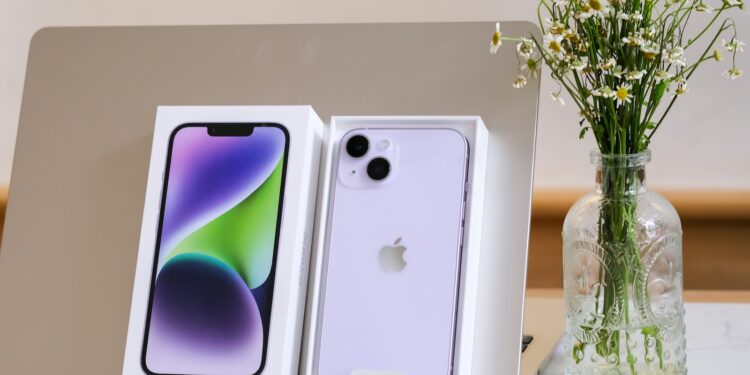Apple is taking action to combat the new EU regulations: the third-generation iPhone 14, iPhone 14 Plus and iPhone SE are no longer available in Apple's online store in many EU countries. The reason for this is an upcoming regulation that will require a uniform USB-C port for smartphones in the EU.
The iPhone is one of Apple's most successful products but also a symbol of the company's own Lightning connector. With the new EU regulation, which calls for a standardization of charging connectors, Apple is under pressure.
The new EU regulation and its effects
From December 28, 2024, all smartphones with wired charging in the EU must use a USB-C port. This regulation is intended to reduce electronic waste and provide consumers with more convenience by allowing the use of universal chargers. Apple, which has relied on its proprietary Lightning connector for years, had to respond. The models affected - the iPhone 14, iPhone 14 Plus and the third-generation iPhone SE - do not meet the new standards because they are equipped with Lightning connectors. For this reason, Apple is now removing these devices from the online store.
Which countries are affected?
The list of countries is long. The EU countries already affected include belong among other things:
- Germany
- France
- Spain
- Italy
- Austria
- Sweden
- Belgium
- Denmark
Countries outside the EU that participate in the internal market, such as Switzerland, are also affected. The regulation does not apply to the United Kingdom because it has left the EU. Northern Ireland is an exception because it remains part of the EU internal market due to the Brexit agreement.
What happens to the remaining stocks?
Remaining stocks of the affected models may still be available temporarily from authorized Apple dealers and in some Apple Stores. However, availability will fluctuate greatly over the next few days as stocks are sold off. The devices are no longer available online in most countries.
The future of the affected models
While the iPhone 14 and iPhone 14 Plus would only have been officially sold until September 2025 anyway, the new regulation means that sales of these models will now end around nine months earlier. The situation is different for the iPhone SE: Apple is already planning a new model with a USB-C port, which is due to be presented in March 2025.
Why does Apple act so quickly?
Apple has often emphasized in the past that it adheres to legal requirements. The early sales stop shows that Apple is consistently adapting to the new standards and has already changed the logistics for the affected devices.
iPhone 14 & iPhone SE: New EU regulations end Lightning era
The halt in sales of the iPhone 14, iPhone 14 Plus and iPhone SE in the EU marks the end of an era for Apple's Lightning connector. This development shows how strongly regulatory requirements can influence the product strategies of global companies. (Photo by Unsplash / Thai Nguyen)
- That's why Apple doesn't develop its own search engine
- Tim Cook: Why Apple is not planning to charge for AI services
- Apple is testing iOS 18.2.1 – Everything about the upcoming iPhone update





